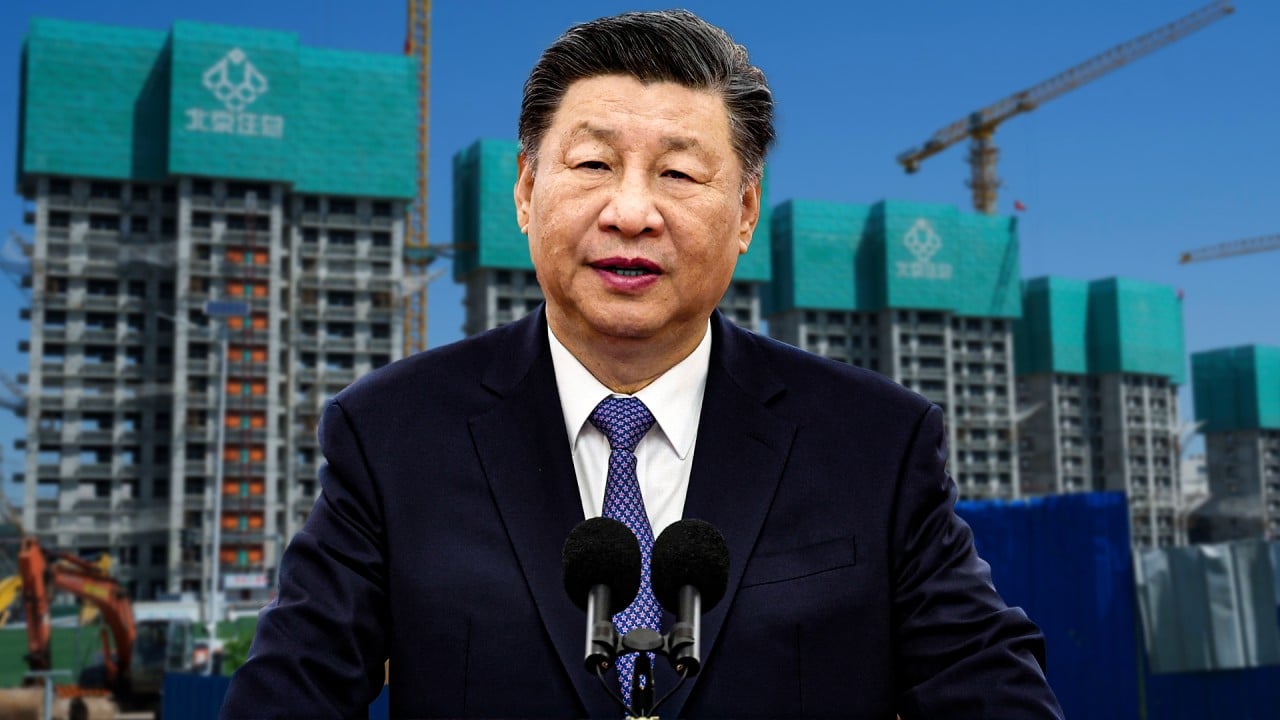Economist urges China to push further to elevate private sector as draft law disappoints
Teng Tai suggests ‘milestone’ law should dispel concerns that private entrepreneurs in China are only needed in times of crisis

The introduction of the first basic law regarding the development of the private sector is a “milestone” event, according to Teng Tai, director and chief economist of the Wanbo New Economic Research Institute in Beijing.
However, the legal status of private companies should be elevated to reassure private business owners that Beijing’s support is not a “makeshift” policy, Teng wrote on Tuesday in the WeChat account of Zhenghe Island, a platform for private entrepreneurs.
The 77-article draft – essentially a wrap-up of policies launched in recent years to boost private sector confidence in the economy – was compiled to “address concerns of various parties”, “stabilise expectations for the long term” and support the “healthy development” of private companies, the Ministry of Justice and the National Development and Reform Commission said in a joint statement last week.
The draft includes measures to promote fair market competition; enhance the investment and financing environment; encourage private involvement in scientific projects and technological innovation; and also ensure private companies follow the “correct political direction”.
It follows the third plenum in July, a key meeting of the Communist Party of China that sets the economic blueprint for the next five to 10 years. The party elites decided at the gathering to enact the law to mobilise private entrepreneurs amid the country’s faltering economic recovery and mounting challenges from a tech war with the US and its allies.
“The private economy is an important part of the socialist market economy and an important force for China’s modernisation”, the draft said.
Teng argued that the draft was insufficient and should state that the private economy is an important constituent and a “source of vitality” to reflect the fact the private sector contributes 60 per cent of government tax revenues and creates 80 per cent of jobs.

